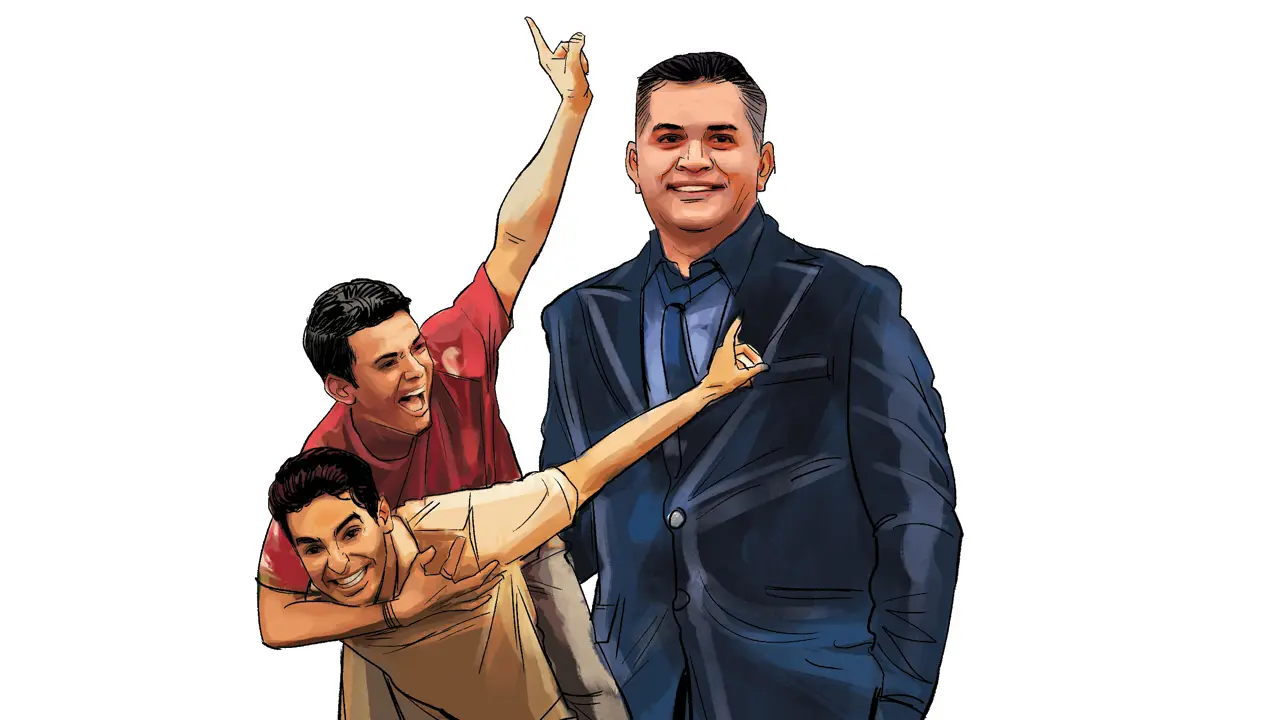[ad_1]
As much as the Olympics is about winning and the shaping of national identities, it is also the greatest stage on earth to showcase the triumph of human will. This was best exemplified by the Netherlands’ Sifan Hassan, the first since Emil Zatopek in 1952 to collect medals in 5,000m, 10,000m and marathon, Kenya’s Faith Kipyegon, the first woman to win three consecutive 1,500m titles, Cuba’s Mijain Lopez, who won a fifth individual gold on the trot in 130kg Greco-Roman wrestling, Novak Djokovic, who at 37 and with a surgically repaired knee, won the elusive singles gold in tennis, and Algerian boxer Imane Khelif, who braved incendiary attacks on her gender to rise to the top. Sweden’s Armand Duplantis broke the men’s pole vault record for an astonishing ninth time (6.25m) while swimmer Katie Ledecky, gymnast Simone Biles and hurdler Sydney McLaughlin-Levrone achieved transcendence by stretching their numbers to nine, seven and four Olympic golds, respectively. France did well as a host, winning 16 golds, its best figures in a century. The star was 22-year-old swimmer Leon Marchand, who bagged four golds to position himself as the best of this generation. Athletics, in the post-Usain Bolt era, was on the lookout for one such champion, but as Paris proved, that is a tough act to follow.
[ad_2]
Source link





